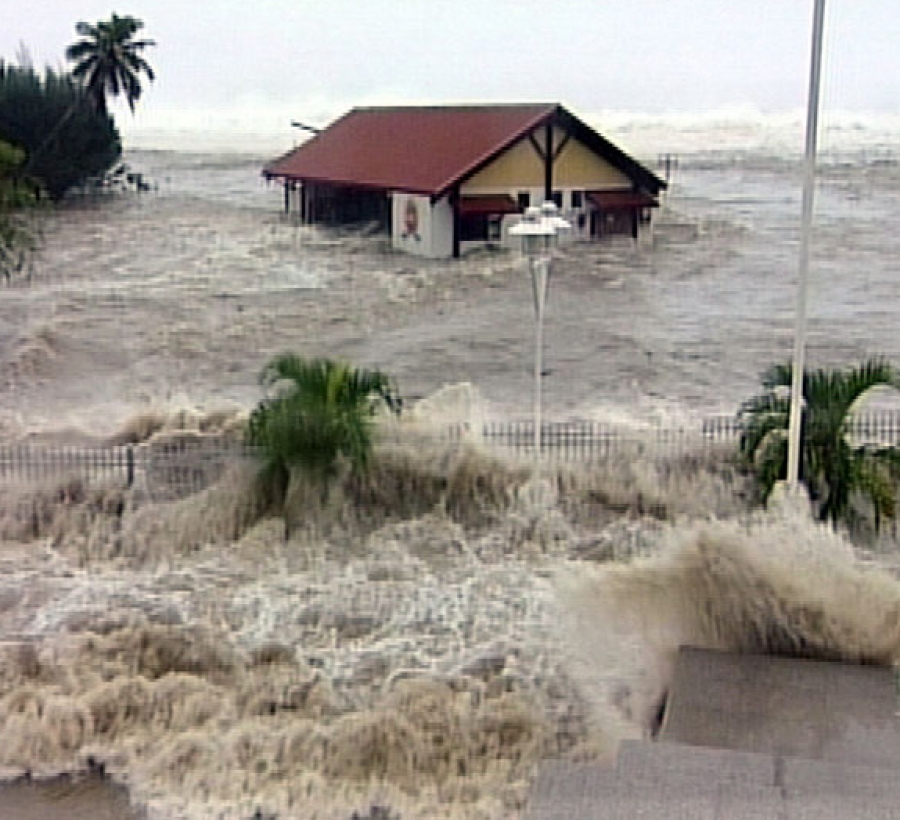Climate change study on mental health important, says consultant
Tuesday 9 July 2019 | Written by Losirene Lacanivalu | Published in Weather

This dramatic photo, taken from the courthouse, shows the ferocity of one of five cyclones that hit Rarotonga in 2005. 18071735
The grief and loss of loved ones and losing one’s home because of climate change is real, says development consultant Dr Christina Newport.
The grief and loss of loved ones and losing one’s home because of climate change is real, says development consultant Dr Christina Newport.
To continue reading this article and to support our journalism
CLICK HERE TO SUBSCRIBE NOW
for as little as $11 per month.
- Up to date and breaking news
- Includes access to Premium content
- Videos and online classifieds
Already a subscriber, click here




































